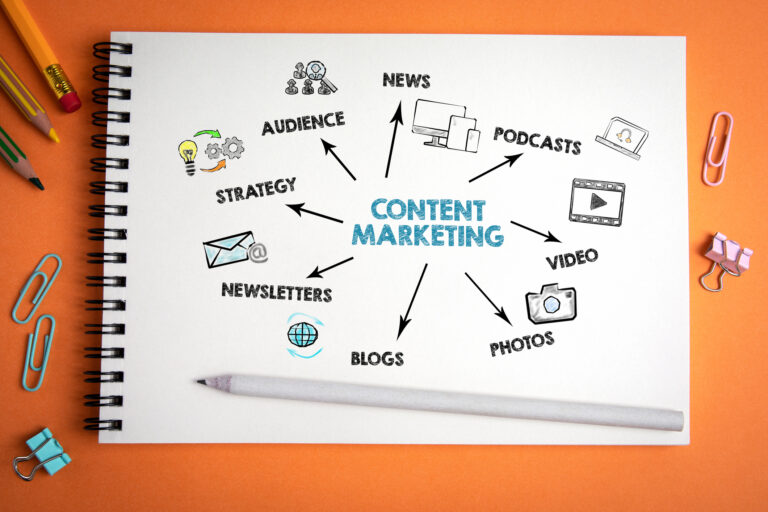The common narrative that B2B and B2C campaigns should be strategized similarly is false and could be costing your business thousands in wasted marketing dollars. To understand why, marketers must have a solid understanding of how consumer businesses differ from their B2B counterparts.
B2B organizations themselves operate quietly differently from each other. Some are more transactional in nature, while others employ an enterprise approach toward their go-to-market strategy. While some companies are a hybrid of the two, the vast majority fall in one category or the other. When considering how marketing is affected by these differences, it’s important to consider the following factors:
The Decision Maker
The consumer is at the heart of every B2C purchase decision. Individuals are likely to only consult with themselves or a significant other when choosing between a handful of products or services. The best option for this buyer provides the greatest perceived positive impact on their four basic needs – health, wealth, relationships/self, and happiness.
The business decision is made by a multitude of stakeholders – from accountants to executives and several individuals along the way. From a B2B standpoint, the perfect marketing approach incorporates the goals of all organizational buyers equally. These goals are most commonly associated with cost-cutting and quality improvement but can encompass any number of initiatives being employed companywide.
B2B marketers must strategize around the fact that several decision-makers are present at every step of the B2B sales funnel, and each must be nurtured appropriately. Research is imperative here in order to identify and understand the most common pain points experienced by organizations in your specific industry.
Length of Buying Process
With so many stakeholders involved in the B2B purchase, it’s not hard to understand how much lengthier and more complex the buying cycle can be. The buying process for consumers is simple – if they feel compelled to buy, that’s what they will do. Factors such as brand recognition, cost, and perceived utility play a large role in how quickly this purchase is completed.
When considering the B2B buying process, it’s important to note the emphasis businesses place on research and due diligence. According to a report conducted by the Miller Heiman Group, nearly have of surveyed businesses take over 7 months to come to a purchase decision. This can be a far cry from the impulsive behaviors often associated with consumer buying psychology.
Logic vs. Emotion
Purchase triggers for businesses and individuals are very different as well. Emotional marketing is incredibly effective in the B2C space, as it taps into the ethos of the consumer in order to prompt immediate action. This subjective process is highly ineffective for businesses, as buyers within the buying cycle may have vastly different personal feelings and tastes from one another.
Business decisions are made primarily with the help of subjective logics and metrics. However, business buyers are emotional as well – in a slightly different way. These stakeholders buy into the trust you’re able to convey, as well as the current and future working relationship that will exist between both parties. The best way to earn the trust of B2B buyers is by demonstrating a clear sense of competence and commiseration towards their specific workplace challenges. Your client must believe that your solution offers clear competitive advantages in cost, benefit, or accessibility and would provide little disruption to their current operations.
Understanding how your marketing approach should differ when serving a B2B or B2C audience can drastically improve the ROI of your future campaigns. Optimizing for these factors will prepare you for success in the world of B2B marketing.






